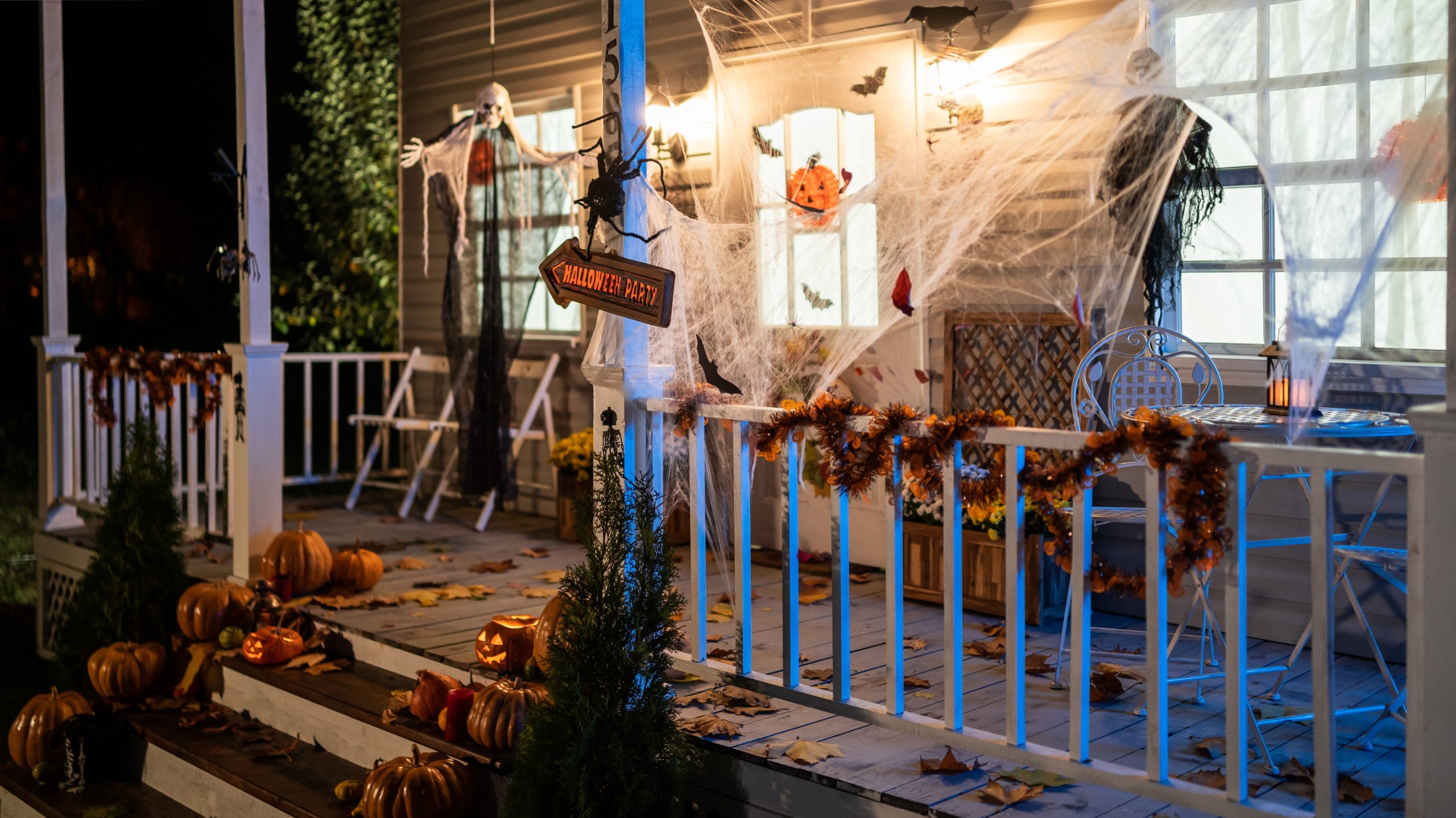
I don’t want to creep you out as we prepare for Halloween, but you could buy a haunted house and not have a ghost of a chance of knowing.
No law in any state says an agent or the owner must explain if or why things go bump in the night or if the undead have a fold-out couch in the basement.
Some 18% of Americans think ghosts are real and a third believe in haunted houses, according to the website howstuffworks.com.
OK, so you’re probably asking why those numbers don’t tally. But hey, we’re talking ghouls and poltergeists, apparitions and all the other spirit terrors that might come out of your walls, walk the corridors or loom over your bedside. Who said the bogeyman had to be good at math?
If you diss the occult, disregard the underworld and dream of a home typecast for The Haunting of Hill House, consider this 1991 New York Supreme Court ruling before putting your earnest money on the table.
In its Ackley Verdict, the court ruled the Hudson Valley home of Helen Ackley was haunted: officially, if not literally.
Come closer and let me explain . . .
The case resulted from Helen Ackley trying to sell her early 1900s home in Nyack, NY.
She made some spooky claims, like seeing a man sitting in a chair in midair as she repainted a ceiling atop an 8ft ladder. A naval lieutenant from the revolution also hung out there, as well as a poltergeist that would shake her daughter, Cynthia, awake every morning. Phantom footsteps, beds shaking and doors opening and slamming shut were all familiar at the Ackley’s spook central.
Prospective buyers, the Stambovsky family, loved the place, signed the papers and made the down payment. They only found out about the hauntings later, they later claimed, when the agent mentioned the poltergeists.
The Stambovsksys wanted out, alleging fraudulent misrepresentations and claiming it affected the property’s value. Ackley refused, saying she had fully disclosed.
And so, it went to the New York Supreme Court. Its so-called Ghostbusters Ruling found in Ackley’s favor and said agents must disclose any hauntings, regardless of whether ghosts existed. In effect, ghosts were real as a matter of law.
On appeal, the ruling was overturned. The Stambovskys were released from their contract but denied damages on the principle of caveat emptor (buyer beware).
The appellate court said any due diligence by a buyer or their agent could not be expected to reveal the presence of ghosts and ghouls. To quote its ruling: “The most meticulous inspection and the search would not reveal the presence of poltergeists at the premises or unearth the property’s ghoulish reputation in the community”.
This ghoulish tale has a happy ending. The five-bedroom, three-and-a-half-bathroom home sold for $1.77 million in 2016, which was more than $600,000 above the neighborhood’s average price.
At one stage, a rapper called Matisyahu owned it. The property changed hands again in March, 2021, for $1.795 million, even though Zillow estimated its value at $2.245 million.
If you want an old home without the ghosts, who ya gonna call? I can’t wait to hear from you! Happy Halloween, folks.
